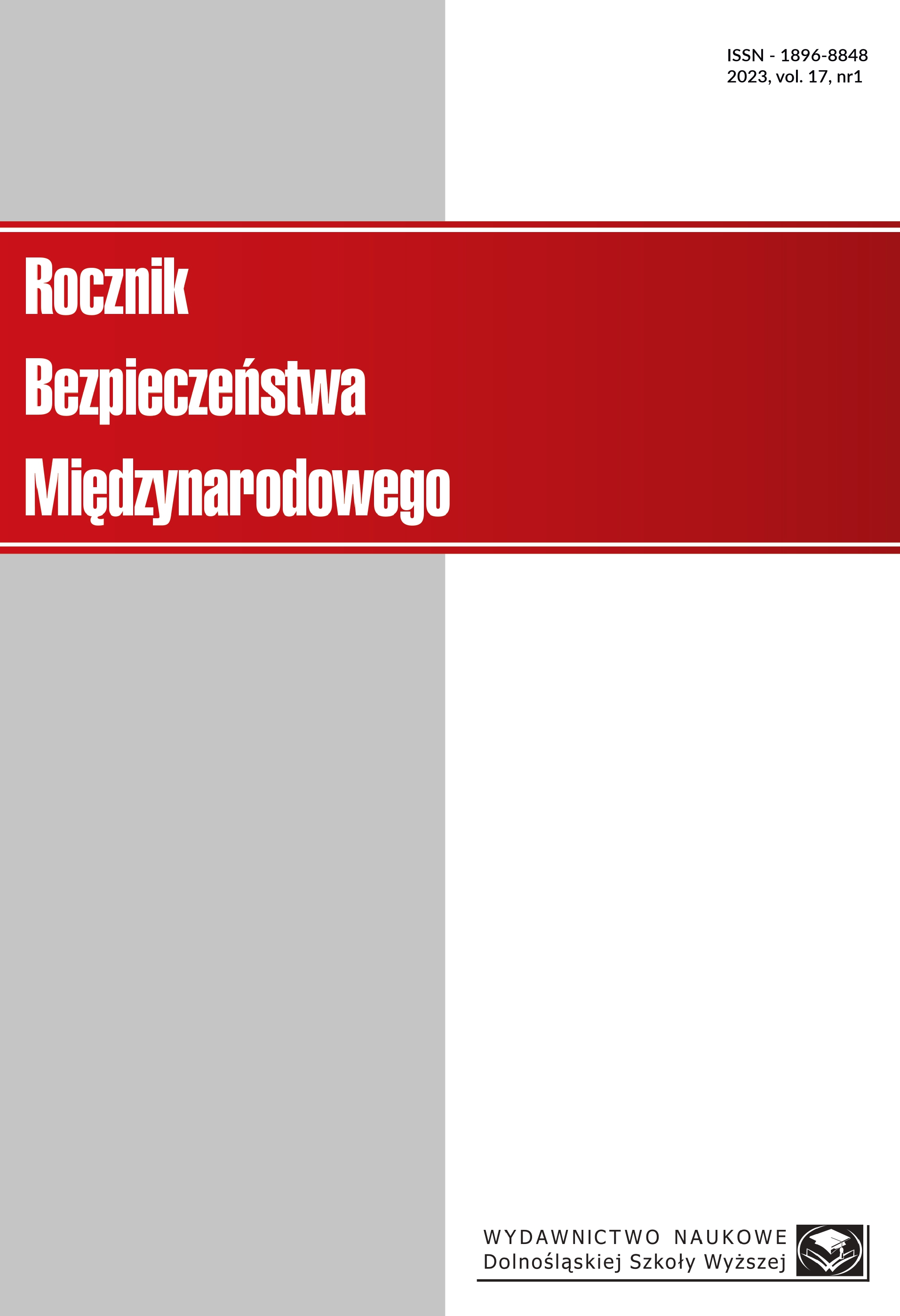The Stance of Saudi Arabia, the United Arab Emirates, and Qatar on Russia’s Invasion of Ukraine
The Stance of Saudi Arabia, the United Arab Emirates, and Qatar on Russia’s Invasion of Ukraine
Author(s): Robin Kural, Ernest HryhorowiczSubject(s): Supranational / Global Economy, Governance, Public Administration, Economic policy, Environmental and Energy policy, Government/Political systems, International relations/trade, Security and defense, Military policy, Welfare systems, Developing nations, Political economy, Comparative politics, Management and complex organizations, Studies in violence and power, Policy, planning, forecast and speculation, Economic development, Sociology of Politics, Globalization, Geopolitics, Peace and Conflict Studies
Published by: Wydawnictwo Naukowe Dolnośląskiej Szkoły Wyższej
Keywords: Russia’s invasion of Ukraine; RCST; Saudi Arabia; UAE; Qatar;
Summary/Abstract: Russia’s invasion of Ukraine in February 2022 has global and regional dimensions with deep implications for international security. The war poses strategic questions also for the actors from the Persian Gulf region as it affects them directly and indirectly in terms of security relationships, energy markets, and economic stability. Three Arab Gulf states – Saudi Arabia, the United Arab Emirates (UAE), and Qatar – experience contradictory incentives and disincentives with regard to their reaction to the war in Ukraine. This article aims to analyze the stance of those three key Arab Gulf players towards Russia’s invasion of Ukraine in the first year of the full-scale war. In the article, we argue that the stance of those three Arab Gulf states can be analyzed through Regional Security Complex Theory (RSCT) as their reaction is best explained through a regional perspective. The article offers a comprehensive explanation, emphasizing the importance of the intra-Gulf security dynamics.
Journal: Rocznik Bezpieczeństwa Międzynarodowego
- Issue Year: 17/2023
- Issue No: 1
- Page Range: 15-32
- Page Count: 18
- Language: English

